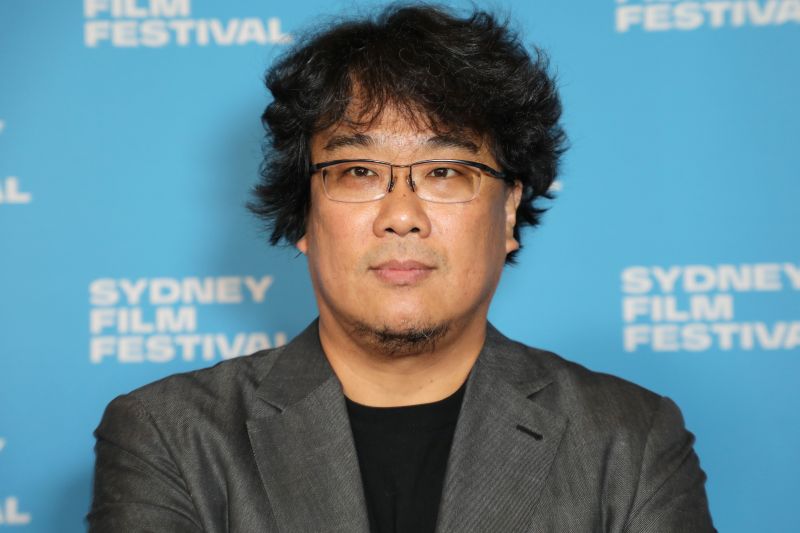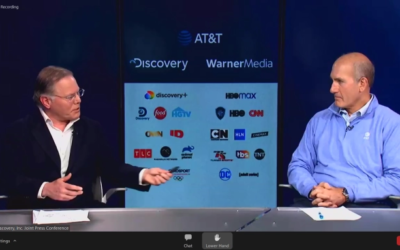Bong Joon-Ho
Photo Credit: Richard Milnes/Shutterstock
At World Wide Motion Pictures Corporation, one of our primary objectives is to encourage a greater awareness and interest from the general public in films that are created outside the United States, many of which are made in languages other than English and require subtitle usage for those who do not speak the language. We are pleased that this is a sentiment shared by South Korean director Bong Joon-Ho, whose most recent film “Parasite” has become a surprise success both critically and commercially here in the United States.
On Sunday January 5th, 2020, at the 77th Golden Globe Awards, “Parasite” was awarded the Golden Globe for Best Foreign Language Film, and Joon-Ho, alongside his Korean-English translator, went onto the stage to accept the award on the film’s behalf. In his acceptance speech, Joon-Ho (speaking in his native Korean, with his translator repeating in English) addressed the difficulties that many foreign filmmakers face when selling their work to a predominantly English-speaking populace: the fear that having to read subtitles causes disinterest in those who might otherwise be willing to watch such films.
“Once you overcome the one-inch tall barrier of subtitles, you will be introduced to so many more amazing films,” Joon-Ho states.
Although Joon-Ho’s statement is a reflection of one of foreign cinema’s biggest challenges in generating widespread appeal, there is a refreshingly optimistic tone in this particular choice of words. Perhaps the success of “Parasite” has reinforced a positive outlook on the future of foreign cinema, and not just because of how well the film has done in the awards circuit. Box Office Mojo claims that as of January 6th, 2020, “Parasite” has earned nearly $130 million (in American dollars) worldwide on a budget of approximately $11 million, with just under $24 million of that total coming from the United States. While that number may pale in comparison to films made in the U.S, it’s a remarkable achievement for films made outside the country. Not only does this gross rank among the top 10 grossing foreign-language films released in the U.S., but its per-theater average on its opening weekend was the highest for a newly released film since “La La Land” in 2016. As these numbers prove, there is an audience for foreign films, and when given the opportunity, this audience will come out in herds to experience such films.
Joon-Ho and other Directors like him may also be referring to the increasing number of ways in which foreign films may be accessed. Historically, foreign films have been distributed primarily through arthouse theaters, which may not be so easily accessed outside major cities. There are a handful of large multiplex theaters that, needing to fill extra screens not already being taken up by major Hollywood releases, may be willing to show the occasional foreign film or two, but with significant competition from major mainstream domestic releases, these smaller films often go largely ignored. However, thanks to the rise of streaming services like Netflix, many foreign films have become more accessible to those who do not have the advantage of traveling to a venue where foreign films are commonly shown, and viewers are instead able to experience these works at home. This was the case with “Okja”, Joon-Ho’s previous film before “Parasite”, with a distribution deal through Netflix allowing the film to be shown exclusively on the platform and gain a noticeable following.While domestic competition still exists on such services, their convenience allows foreign films to have a greater chance to thrive among these other films.
Perhaps this is what Joon-Ho is referring to when he describes subtitles as a “one-inch obstacle.” While this description may have been intended to allude to how reading subtitles is not as big of an issue outside the U.S. as it’s commonly perceived, Joon-Ho may also be referencing the literal size that such subtitles take up when viewed on a computer or tablet, where films are being watched increasingly over time thanks to the growing presence of streaming services. If this is the case, then Joon-Ho’s claim of there being “many more amazing films” is in closer reach than one might expect. All it takes is the click of a mouse or a tap on a tablet to open one’s self up to the vast realm that is foreign cinema.
Regardless of what specifically Joon-Ho was referring to in this particular statement, one thing is certain: Joon-Ho is enthusiastic about the future of foreign cinema, with his words of encouragement allowing him to contribute to this growing interest from American audiences. While foreign films have yet to achieve the same level of financial success as those major releases made domestically, the track record of Joon-Ho’s most recent works shows that there is an audience more than happy to view films not spoken in the English language. We here at World Wide Motion Pictures couldn’t agree more; as distributors of such films as China’s “The Nightingale” Kazakhstan’s “The Road to Mother” and Denmark’s “Applause,” we too are well aware of the endless possibilities that foreign cinema has to offer, and we strive to ensure that anyone can see such films and come out with the same sense of fulfillment that they would receive when watching an English-language film.
At the end of his Golden Globe acceptance speech, Joon-Ho, opting to conclude by speaking in English instead of relying on his translator, stating that “there is only one language: cinema.” He could not have picked a more perfect statement to end on.



